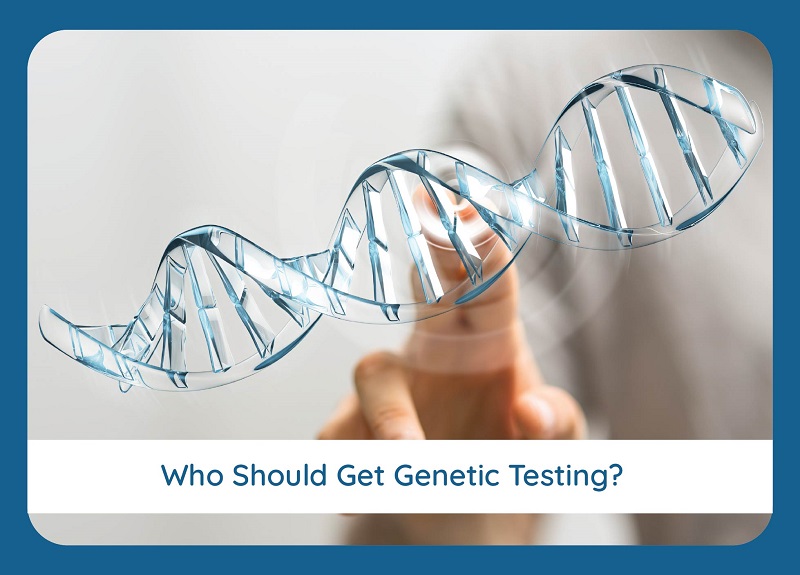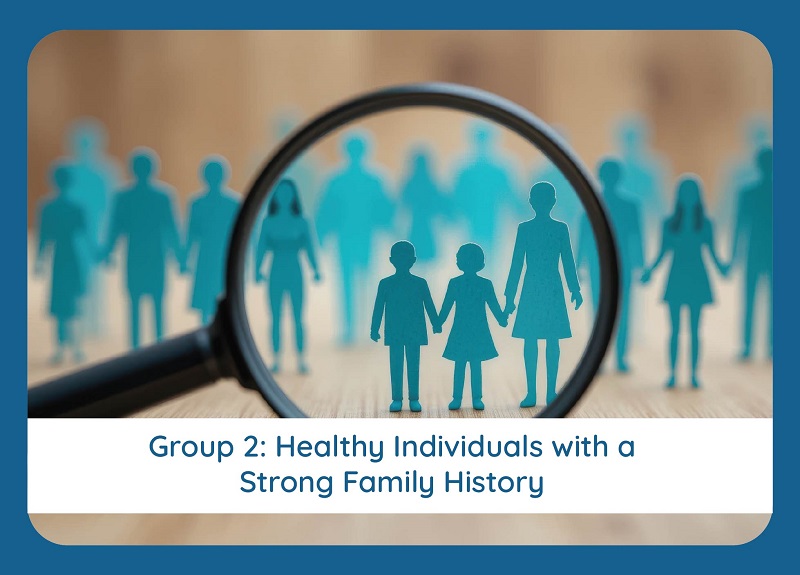Understand Your Risk. Secure Your Future. Help Your Family.
Dr Aparna firmly believes that understanding hereditary cancer risk is one of the most effective preventive measures for long-term health. Genetic testing is a sophisticated tool that can identify inherited mutations that significantly increase the lifetime risk of certain cancers.
If you are considering whether genetic testing may be appropriate for you, the first and most important step is to seek guidance from a qualified professional. Dr Aparna, a cancer genetics specialist in South Delhi, provides expert counselling to help individuals and families make informed decisions.

Book a Personalised Genetic Risk Consultation
Take an informed approach to managing your family’s cancer risk. Connect with Dr Aparna for a personalised genetic risk assessment, grounded in clinical evidence and compassionate care.
Defining Your Risk: Important Points for Testing
Genetic testing is recommended when personal or family history suggests features of a hereditary cancer syndrome. The following situations should prompt consultation with a cancer genetic specialist.
Strong Family History of Cancer
Cancer affecting multiple generations may indicate an inherited mutation. Testing should be considered when there is:
- Early-onset cancer (before 50 years of age)
- Multiple relatives with the same cancer type
- An individual with more than one primary cancer
- Characteristic cancer clusters (e.g., BRCA or Lynch patterns)
- Rare cancers strongly suggestive of hereditary syndromes
Personal History Requiring Treatment Guidance
If you have been diagnosed with cancer, genetic testing may guide therapy and surgical decisions. Testing should be considered for:
- Ovarian, fallopian tube, or peritoneal cancer
- Triple-negative breast cancer (≤ 60 years)
- Metastatic prostate cancer
- Pancreatic cancer
- Multiple colorectal polyps
Results may identify eligibility for targeted therapies (such as PARP inhibitors) and support a personalised treatment strategy.
Known Mutation in the Family
When a pathogenic mutation is identified in a first-degree relative (parent, sibling, or child), predictive testing may benefit unaffected family members.
If confirmed, tailored prevention strategies can be implemented — including enhanced surveillance (earlier mammograms or colonoscopies) and, where appropriate, risk-reducing interventions.
The Role of the Expert
Genetic testing is a powerful but complex process. Interpreting results—particularly distinguishing pathogenic mutations from variants of uncertain significance (VUS)—requires specialist expertise.
Dr Aparna, a cancer genetic counsellor in South Delhi, provides guidance throughout the testing process and helps patients understand the clinical implications, limitations, and emotional aspects of genetic results. This ensures that decisions regarding testing and subsequent medical management are informed, appropriate, and tailored to each individual’s clinical and family context.
If any of the above features apply to you, taking the next step and booking a genetics consultation can be an important investment in your health and your family’s future.

